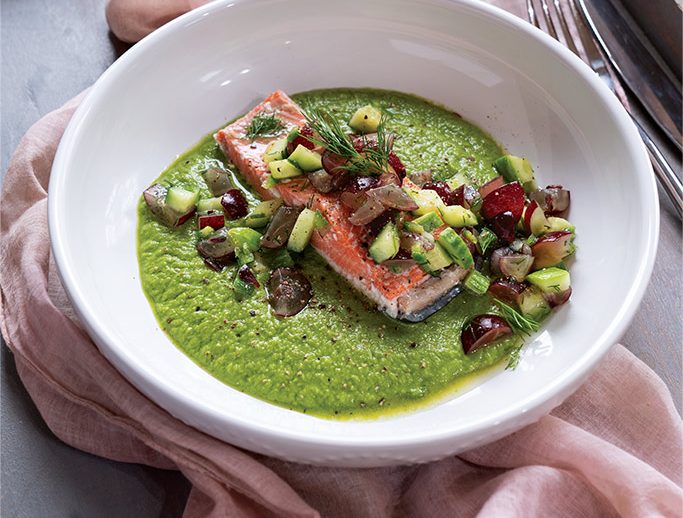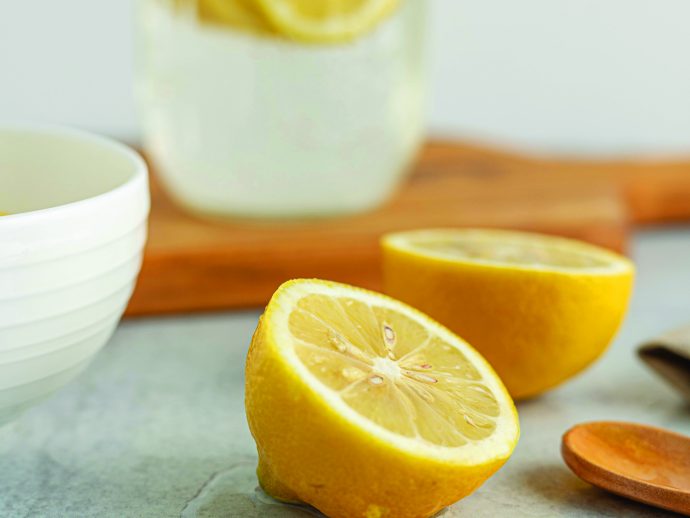
Workout nutrition can feel intimidating, but don’t sweat it. The latest research outlines exactly how to customize your diet based on your personal fitness goals. Trying to increase your endurance, build some muscle, or lose an extra pound or two? We’ve got you covered.
Go longer, go faster: Fuel for endurance athletes
Olympic swimmer Michael Phelps eats up to a whopping 10,000 calories a day when he’s training. Most of us will never need to eat that much. But endurance sports, whether you’re running a marathon or a 5K, do require a different approach to nutrition, starting with doubling your carbohydrate intake.
Sports nutritionist Melissa Boufounos recommends eating a well-balanced meal three to four hours before exercising. “Then, top off your fuel tank with an easy-to-digest snack 60 minutes before your workout,” she says. “This snack should be high carb, low fat, low protein, and low fiber (like a piece of [low-fiber] fruit or an English muffin).”
Your body converts carbs into glycogen, which your muscles use for energy. If your endurance training lasts longer than an hour and a half, you’ll likely use up most of your stored glycogen.
This calls for a mid-workout snack. “It’ll delay fatigue and maintain performance, especially near the end of a longer training session,” says Boufounos. She suggests 30 to 60 grams of carbs per hour of exercise—the maximum your body can absorb. “Try easy-to-digest foods like dates, raisins, or bananas,” she adds.
Endurance foods and supplements include:
- portable carbs (such as gels or chews designed for athletes, or baby food pouches)
- beets
Big meals, big gains: Nutrition for building muscle
Strength training demands a minimum of 1.6 grams of protein per kilogram of body weight per day (double what the average adult needs). Some bodybuilders even aim for the upper range of 2.2 g/kg/day.
Sources of healthy, muscle-building protein include legumes, Greek yogurt, salmon, soy products like tempeh and tofu, and protein shakes. Protein shakes also make an ideal pre-workout snack.
Bodybuilding foods and supplements include:
- protein powder
- creatine
Cut calories, keep energy: Hitting a healthy weight
If you’re exercising with weight loss in mind, you’ll want to pay some attention to your macros (high protein and moderate carbohydrates). But more importantly, you need to burn more calories than you eat.
Researchers recommend that athletes aim for a deficit of 300 to 500 calories a day to lose weight but maintain workout momentum.
Don’t sacrifice your pre- and mid-workout meals (following the general guidelines above for endurance or strength). If you’re concerned about your weight, yet need carbs to fuel your exercise, opt for foods that are lower on the glycemic index.
Low-GI foods are associated with improved weight loss and weight maintenance. Examples include
- non-starchy vegetables
- steel-cut oats
- some fruits, such as pears and berries
- whole-grain foods
Foods and supplements for weight management include:
- protein
- fruits and vegetables
- probiotics
Written by Joshua Duvauchelle






